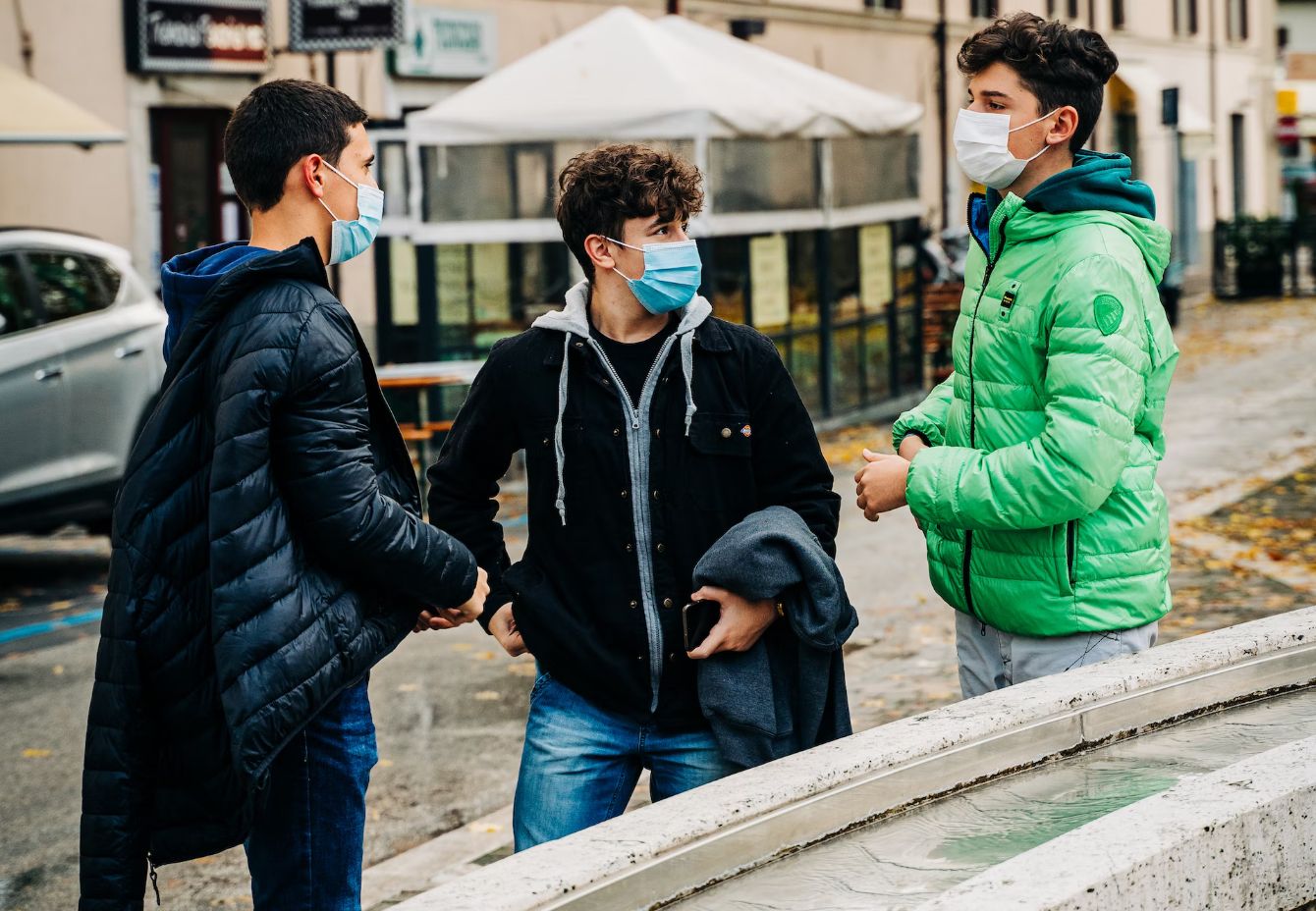The lockdown has also had an impact on the educational process.
This became clear from a field study carried out within the ReCAP (Recovering Inclusion Through Creativity After Pandemic) project.
Surveys were conducted in Breznik and Radomir, where regional youth workers met with representatives of local authorities, youth NGOs, educational experts (teachers, mediators, caregivers), health professionals and others.
The main goal was to check how the pandemic affected the mental state of the youth in the region and how they feel in a post-pandemic environment. Nearly 60% of the interviewees work with minorities, and about 1/3 with young people who neither study nor work from the so-called NEETs group.
The respondents indicated as a "positive" aspect of the COVID-19 crisis that the pandemic has helped in a certain aspect the improvement of relationships.
21 respondents, mainly engaged with NEETs and minorities, noted an improvement in relationships mostly in the family, as well as in partner relationships and in relation to the teenagers themselves.
This is extremely interesting given the fact that studies at the national level note almost only negative consequences of the covid crisis.
The areas for which young people are currently looking for support are educational support - 76% (19), orientation on the labor market - 64% (16) and support for mental health and emotional well-being - 56% (14).
According to the respondents, in a local context, activities such as: courses and learning activities (72%), recreational and leisure activities (64%), internship opportunities (40%) are extremely important.
It is curious here that more than half of the respondents consider artistic and cultural tools useful and motivating for young people.
From the answers received, we can conclude that the respondents see the need for active and adequate actions when working with young people, and one aspect is in the direction of using tools of art and creative industries. Many experts believe that the previously existing phenomenon of "demotivated young people" has deepened after the pandemic.
On the basis of the conducted field research, tools for the reliable inclusion of young people in a post-pandemic environment with a special emphasis on representatives of marginalized groups are to be sought. This type of research was done in several other European countries, and the conclusions will help us and our colleagues to choose the most effective and creative approaches through which to activate teenagers, and together with the youth workers in Bulgaria, to apply the pilot models in the cities of Breznik and Radomir .




